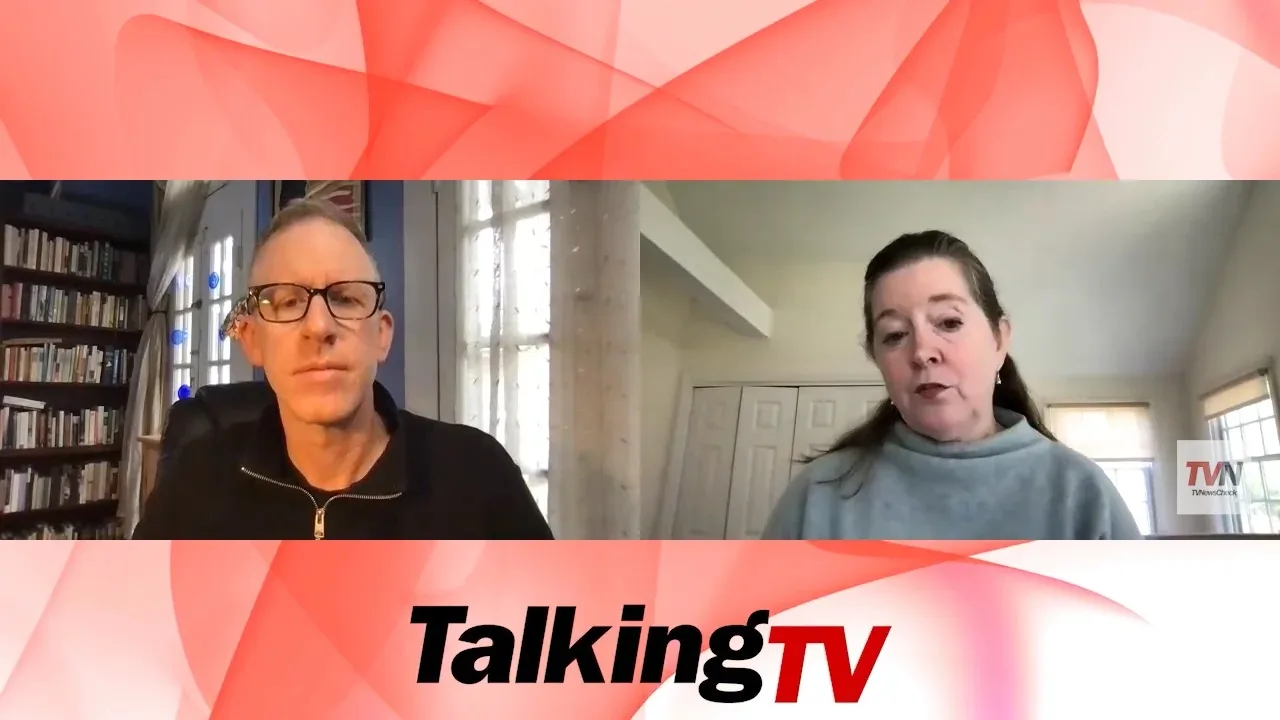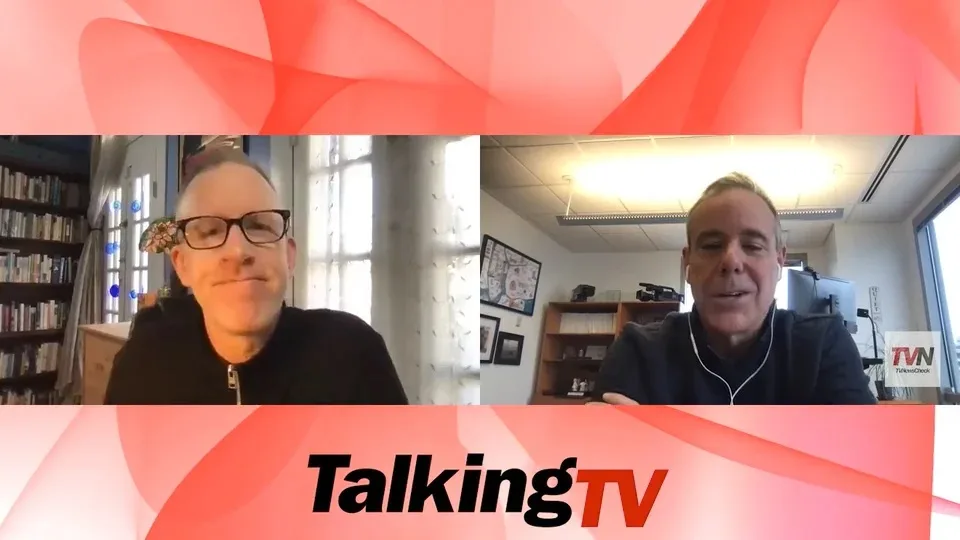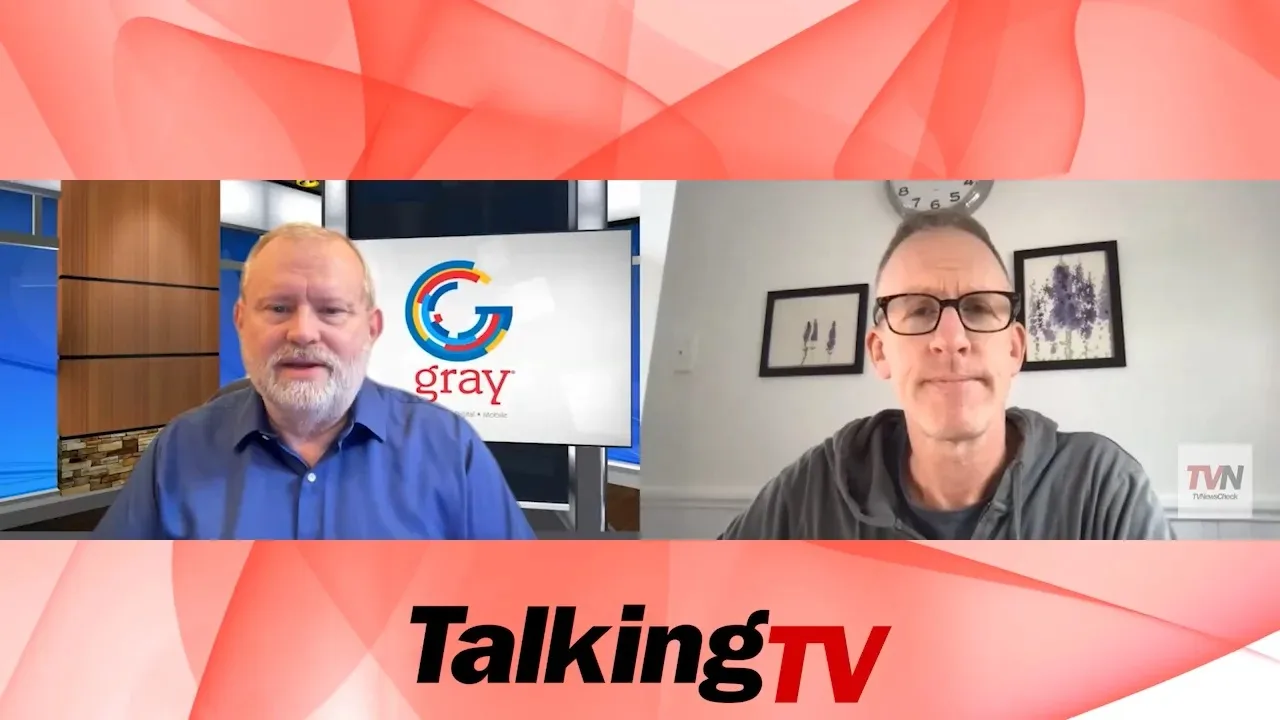
In Killing Kim’s Deal For Tegna, The FCC Showed Its Prejudice


Harry Jessell
Following last week’s burial of Soo Kim’s $8.6 billion deal to acquire Tegna, I have reviewed the entire matter and come to the conclusion that he was the victim of prejudice and discrimination, but not the kind you might think.
In progressive Democratic circles, hedge funds and private equity firms are seen as evil incarnate — predatory, quick-buck operations that put profits over people. Some of these high-risk, high-reward investment groups have earned their bad reputations.
Alden Global Capital, for one, has been scooping up newspapers and milking them for cash — local journalism be damned — for the past several years. You can read all about them and how they gutted the Chicago Tribune and other papers in The Atlantic.
But just because some hedge/private equity funds are vultures, doesn’t mean they all are [see footnote below]. To think otherwise is prejudice and to act on that prejudice is discrimination.
And I believe that is exactly what FCC Chair Jessica Rosenworcel did when she ordered a full-blown hearing on the deal last February, knowing it would kill for Kim and his hedge fund, Standard General, the chance of controlling the second largest TV station group (by revenue) in the land. She knew the financing would unravel before the hearing ran its long course.
As I’ve written here before, Standard General may not be the best broadcaster to run the Tegna stations, but it has demonstrated over the past decade that it is a capable and respectable one.
One of the raps against hedge funds is that they want to get in and get out fast. That’s not Standard General’s MO. It got in the business 13 years ago by buying the troubled Young Broadcasting. It then rolled up LIN Media and Meredith and was all set to merge with Meredith when Nexstar swept in with a bigger bid. Not seeing any other immediate opportunities, Kim sold out to Nexstar for $4.6 million in 2017, and soon began looking for a way back in. He began by buying a small group spun off by Sinclair.
The only way that Rosenworcel could justify knocking out Standard General is by looking closely at its stewardship of Young, LIN and Media General. Did it cut newsroom salaries, staff and resources to a point where it affected the quality of the news? Or, did it produce more and better news by imposing greater efficiencies, knocking out the dead wood and making overdue investments in hardware and software?
Rosenworcel doesn’t know. But she could have found out in far less time than the 309-plus days the FCC allowed the Standard General deal to twist in the wind at the commission.
Kim also endured another unexpected form of discrimination. He was penalized or, more accurately, not favored, because he was too successful and because his deal was too big.
Common Cause and other so-called public interest groups have advocated for years for diversity in station ownership — more minorities and more women. It’s been one of the reasons they have fought long and hard against station consolidation. Fewer groups, they figure not without good reason, mean fewer opportunities for minorities that generally don’t have the wherewithal to buy big.
But here comes Soo Kim with a big deal that would put himself — a first-generation Asian American — at the top of a major TV station group, and a woman, the indestructible Deb McDermott, in the position of running the day to day. Upon closing, they would have had control of every minute of programming on 61 stations and would instantly become powerful and influential figures in the industry.
You would think Common Cause et al. would be jumping for joy and declaring victory. But, no, it turns out that Kim and McDermott are not what they had in mind. Their idea of is a bunch of small minority owners rather than one big one. So, they cast their lot with those opposing the deal.
It’s a “good thing” that Kim and McDermott are not barred from owning and managing TV stations, they told the FCC, making sure the agency knows they are on board with the developments in civil rights over the past half century.
“Unfortunately, it is rare for members of either of these groups to be in such a position. But a single large LLP or corporation of the type proposed here is not going to ameliorate or address long-standing inequities produced by structural racism, xenophobia or misogyny — and is not likely to provide additional members of historically excluded groups the opportunity to gain wealth and influence in society,” they said.
In other words, they said, the ascension of a minority to the top rank of broadcasters is meaningless in the long, hard fight for equal opportunity in America. Kim & Co. deserve no diversity points to offset the horrible things the FCC presumes it will do to Tegna should it get hold of it.
Admittedly, Kim fed into the stereotype of rapacious Wall Street hedge funds by submitting for FCC approval a deal that was too clever by half. Its complex financial structure and side deals should have set off alarm bells, and they did.
You can’t blame anti-Big-Media types for crying crossownership when they learned that Apollo Global, the owner of Cox Media, was involved in financing the merger. You can’t blame unions for raising concerns about job cutting. And you can’t blame the cable and satellite operators for protesting the acquisition of a single station that would have given it the ability to boost retrans fees at every Tegna station.
Once triggered, these groups coalesced into a potent opposing force that not only had the ear of Rosenworcel, but also heavy Democratic hitters on Capitol Hill like Nancy Pelosi, Elizabeth Warren and Frank Pallone.
Kim did everything he could to placate the critics. He promised no newsroom layoffs, increases in news budgets and hours. He provided reassurance that Apollo’s role in the financing had been structured in a way that would give it no say in running the business. And he agreed to forego those higher retrans rates that he had snuck into the deal.
But it didn’t do any good because Kim could not shake the fact that he is a Wall Street guy and, thus, not to be trusted to do anything he says. Rosenworcel presumed the worst of Kim. There is a word for that.
Having meddled in the primal forces of the marketplace, Rosenworcel now needs to ask herself, “What exactly did I achieve?”
Freed from its deal with Kim, Tegna last week declared that it would accelerate the buy-back of $300 million in stock and increase its dividend 20% starting this fall, part of the “excess capital” it accumulated while the merger deal was in effect. That money goes straight into the pockets of shareholders.
And in its 1Q call with analysts, there was no talk of hiring more reporters or increasing newsroom salaries to improve and expand local journalism.
Publicly traded corporations like Tegna, which now dominate TV broadcasting, serve the same masters as hedge funds and private equity funds do: their investors.
Footnote: A 2022 study by academics at CalTech and New York University Stern studied 56 private equity takeovers of 256 newspapers over the past 20 years and found that mixing newspapers and private equity, like a lot of other things in life, isn’t all good and it isn’t all bad.
Yes, the new owners cut jobs — 7% of the reporters and 10% of the editors — and caused the papers to run slightly more national stories than they had because it’s cheaper to tap a wire service for copy than send a local reporter out on the street. They also discovered a correlation between the decline in local news and a decline in local civic engagement.
But the researchers also found a “bright side.” The private equity bosses imposed efficiencies and made investments in digital distribution that improved the papers long-term “survival prospects.” The new management and investment might help to “turn around and modernize a struggling industry,” they said.
Harry A. Jessell is editor at large of TVNewsCheck. He can be contacted here. You can read earlier columns here.































Comments (3)
AIMTV says:
June 2, 2023 at 9:55 am
Good article Harry. What I know about Hedge Funds and Wall Street wouldn’t fill a post-it note, as I, too, am admittedly prejudiced against them. But this decision by the FCC sure seemed selectively exclusionary. Some minorities are good, others not good? I don’t get the reasoning. But then again, I’m not a minority of any type unless you count being an indie producer, which sometimes feels like an oppressed group. But having worked closely in the pioneering days of the U.S. Hispanic market, I also get it. My old bosses at Univision were all for expanding the representation of the U.S. Hispanic market IF they (primarily white males with a few handpicked Hispanics from Mexican Media or U.S. Political Royalty thrown in for cosmetic’s sake) benefitted. If it were a different sub-set – say any effort to serve an English-speaking, U.S.-born, non-Spanish language consuming sector… not so much. Univision would then do all it could to dissuade some Latinos from succeeding as they saw it as a threat to their then-dominance. Since those halcyon days of the Hispanic market, much has changed, including the ownership of Univision, but the greedy, me-want-it-all, while pretending to represent “the broader minority” attitude, has not. You may fill-in-your-blank of whom I’m speaking of today. Yes, minority representation needs to happen, regardless if it is Asian, Female, African American, Hispanic (LatinX if you prefer), etc., and killing this deal, on the surface, did seem to thwart those worthwhile ambitions. Will the “sanctioned” politically correct, politically connected, reportedly wealthy, very litigious, and recently casting themselves as part of an oppressed minority individual end up with Tegna? And if so, what price will everyone else pay? Including newsrooms, viewers, the broadcasting business in general, and especially minority groups (as in plural, not a select, few minority individuals). Let’s hope it doesn’t come to that.
Kathy Haley says:
June 2, 2023 at 1:41 pm
It sounds like the complications of this deal handicapped it in a regulatory environment alert to the risks of private equity companies, such as those outlined by Pulitzer Prize winning financial journalist Gretchen Morgenson, author of the recently published book, These Are the Plunderers: How Private Equity Runs, and Wrecks, America. I wonder also: Kim sold out the last time he built a sizable TV station group. Would he have done so again in five years, had the Tegna deal succeeded?
kcgiants99@gmail.com says:
June 5, 2023 at 12:19 am
All that Standard General needed was to sell the stations in overlap markets and they didn’t that Cox owned in the same market which was 5 or 6 markets I believe. Makes Sinclair look like saints in their failed Tribune merger.